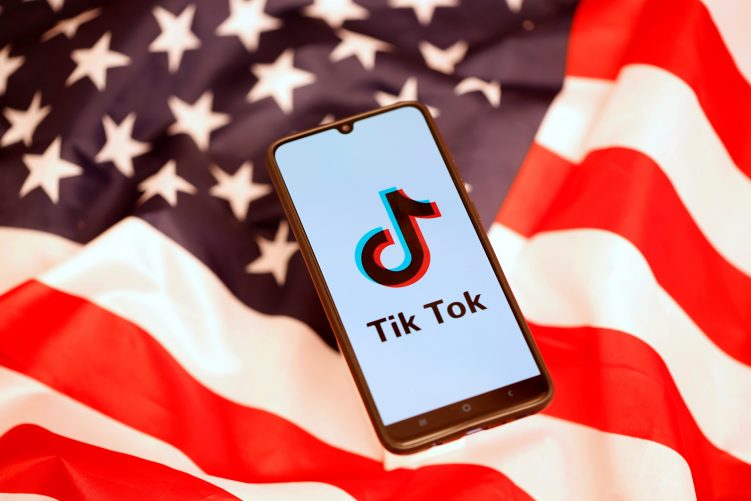(ATF) The US Federal Trade Commission (FTC) on Monday December 14 ordered nine social media and video streaming companies to provide data on how they use personal information.
ByteDance, the Chinese owner of short video app TikTok, was among the companies ordered to provide data on how they collect personal information; how they determine which ads are shown to consumers; how they apply algorithms; and how their practices affect children and teenagers.
The order will force ByteDance to respond to the request to provide information about its TikTok business practices to the FTC within 45 days.
But by treating TikTok the same way as Amazon (the owner of Twitch), Discord, Facebook, Reddit, Snap, Twitter, WhatsApp and Google-owned YouTube, the regulator is arguably taking a step to legitimize the future presence of the Chinese-owned video app in the US.
TikTok is coming closer to defeating an attempt by the outgoing Trump administration to ban downloads of its app – a step that could have devastated its business prospects.
Ban looks unlikely
A panel of US appeals court judges on Monday December 14 expressed skepticism about the arguments put forward by the Trump administration for a ban, which now seems unlikely to come into force.
Deadlines for a US Treasury Department order to ByteDance to sell its app to an American buyer have also lapsed, with no action.
A deal such as the one that was discussed in September to sell part of TikTok to US buyers including Oracle and Walmart remains a possibility.
But a US government-enforced shutdown of the app before Trump leaves office is now not likely.
FTC demands information on data collection
And the FTC order to provide information about data collection effectively treats TikTok like other US technology firm suppliers of widely used services that are under investigation.
The FTC order was issued after a 4 to 1 vote by the five commissioners.
Three of the commissioners in favour of the order – all Democratic appointees – issued a statement explaining their reasoning.
“Policymakers and the public are in the dark about what social media and video streaming services do to capture and sell users’ data and attention. It is alarming that we still know so little about companies that know so much about us,” they said.
“Social media and video streaming companies now follow users everywhere through apps on their always-present mobile devices. This constant access allows these firms to monitor where users go, the people with whom they interact, and what they are doing. But to what end? Is this surveillance used to build psychological profiles of users? Predict their behavior? Manipulate experiences to generate ad sales? Promote content to capture attention or shape discourse? Too much about the industry remains dangerously opaque.”
The three commissioners said that they expect the eight US companies – and China’s ByteDance – to respond to their request in a manner that is “expeditious and comprehensive”.
























